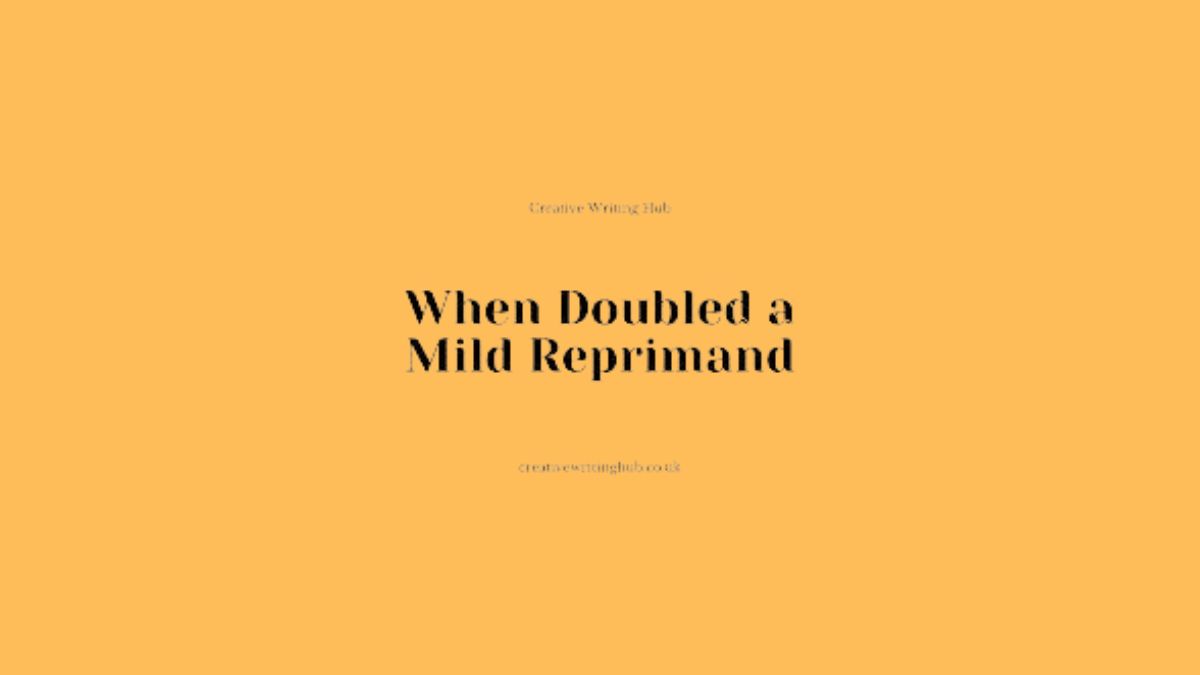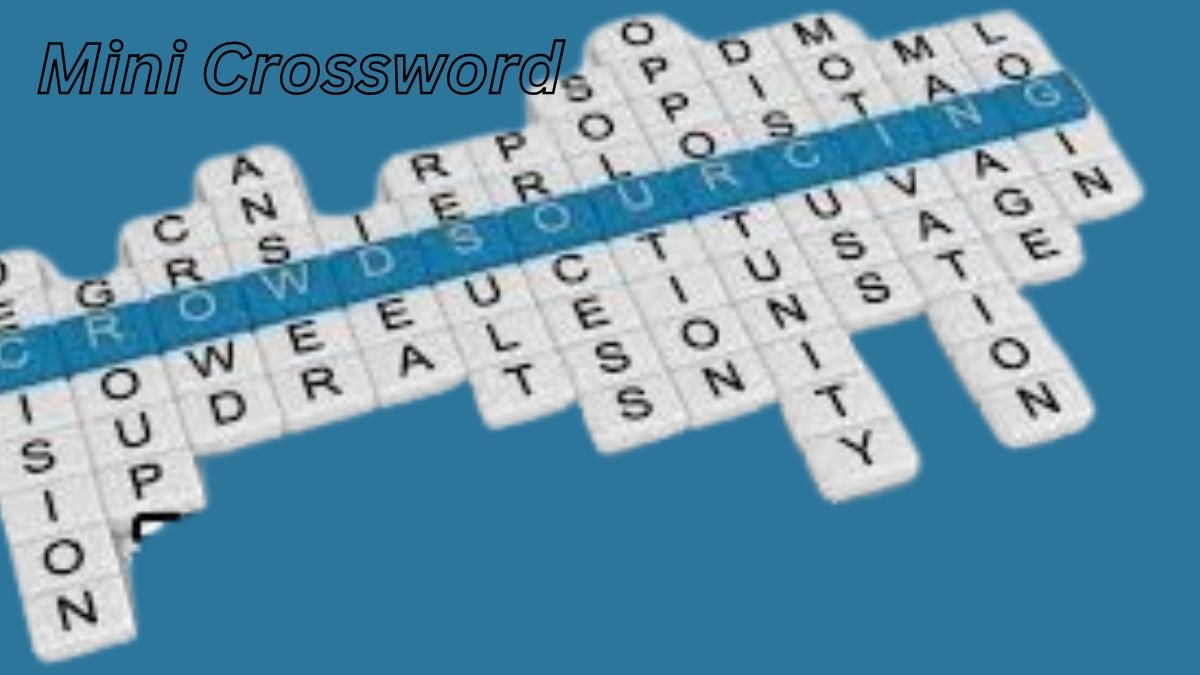In the fascinating world of language and crossword puzzles, certain phrases and terms often carry intriguing meanings and usages. One such phrase is “when doubled, a mild reprimand.” This phrase captures the curiosity of both language enthusiasts and puzzle solvers. Understanding its context, significance, and application not only enhances vocabulary but also enriches one’s appreciation for linguistic intricacies.
Introduction
Crossword puzzles often present clues that require a blend of knowledge, intuition, and lateral thinking. “When doubled, a mild reprimand” is one such clue that piques interest due to its unique structure and underlying meaning. This phrase serves as a gateway to exploring how language can be playful yet meaningful, providing mild reprimands or gentle corrections when certain words are doubled. Let’s delve into the depths of this phrase and uncover its linguistic charm.
Exploring Mild Reprimands in Language
Defining Mild Reprimand
A mild reprimand refers to a gentle or subtle form of correction or admonishment. Unlike harsh scoldings or severe criticisms, mild reprimands aim to address minor mistakes or behaviors in a soft and non-confrontational manner. This form of reprimand is often used in social interactions, educational settings, and workplace communications to maintain harmony and encourage positive behavior without causing offense.
Examples of Mild Reprimands
Mild reprimands are common in everyday conversations. Phrases like “Now, now,” “Tut-tut,” or “Come on” serve as gentle nudges towards correcting behavior or drawing attention to minor missteps. These phrases carry a tone of slight disapproval but are delivered with kindness, making them effective in maintaining respectful communication.
The Intrigue of Doubling Words
Doubling for Emphasis
In linguistics, doubling a word or phrase can create emphasis or alter its meaning. This phenomenon is known as reduplication. When a word is repeated, it often intensifies the sentiment or changes the context of the original word. For instance, “very, very” emphasizes the degree of intensity, while “goody-goody” shifts from a positive connotation of “goody” to imply someone who is overly virtuous or annoyingly well-behaved.
Crossword Clues and Doubling
In crossword puzzles, clues involving doubled words add a layer of complexity and enjoyment. The phrase “when doubled, a mild reprimand” exemplifies this concept by indicating that the answer involves a word that, when repeated, serves as a gentle admonishment. Solving such clues requires not only knowledge of vocabulary but also an understanding of wordplay and linguistic patterns.
Read Also: Crypto30X Unlocking the Future of Cryptocurrency Investment
Decoding the Phrase
Analyzing the Clue
The clue is suggests that the answer is a word which, when repeated, forms a phrase that signifies a gentle reprimand. This kind of clue is typical in cryptic crosswords, where solvers must think beyond literal meanings and consider how words interact with each other in unique ways.
Common Examples
A classic example of this concept is the word “no.” When doubled, it becomes “no-no,” which is a mild reprimand often used to gently correct or discourage certain behaviors, especially in children. Similarly, “boo” when repeated as “boo-boo” refers to a minor mistake or mishap, often addressed with a light-hearted tone.
The Broader Implications
Language Play and Cognitive Skills
Engaging with these phrases sharpens cognitive skills and enhances appreciation for the playful aspects of language. Such phrases encourage creative thinking, problem-solving, and a deeper understanding of linguistic nuances. They also highlight how language can be both functional and entertaining.
Cultural and Social Context
The use of mild reprimands and word doubling varies across cultures and social contexts. Understanding these variations enriches cross-cultural communication and broadens one’s perspective on language use. In some cultures, mild reprimands may be more prevalent, reflecting social norms that prioritize politeness and indirect communication.
Conclusion
The phrase “when doubled, a mild reprimand” serves as a fascinating example of how language can be both functional and playful. By exploring the meaning, usage, and significance of this phrase, we gain insights into the gentle art of mild reprimands and the creative world of word doubling.
Read More: Under Growth Games Uggcontroman Controller
FAQs
What does “when’doubled, a mild’reprimand” mean?
The phrase means that a word, when repeated, forms a mild reprimand. For example, “no” when doubled becomes “no-no,” which is a gentle admonishment.
Why are doubled words used in reprimands?
Doubling words in reprimands adds emphasis while maintaining a light-hearted or gentle tone, making the correction less confrontational.
Can you provide other examples of doubled words used in reprimands?
Yes, examples include “boo-boo” for a minor mistake and “goody-goody” for someone overly virtuous.
What is reduplication in linguistics?
Reduplication is the repetition of a word or part of a word to alter its meaning or add emphasis, commonly seen in various languages.
How can understanding such phrases improve language skills?
Understanding and using such phrases enhances vocabulary, cognitive skills, and appreciation for linguistic creativity and nuances.











